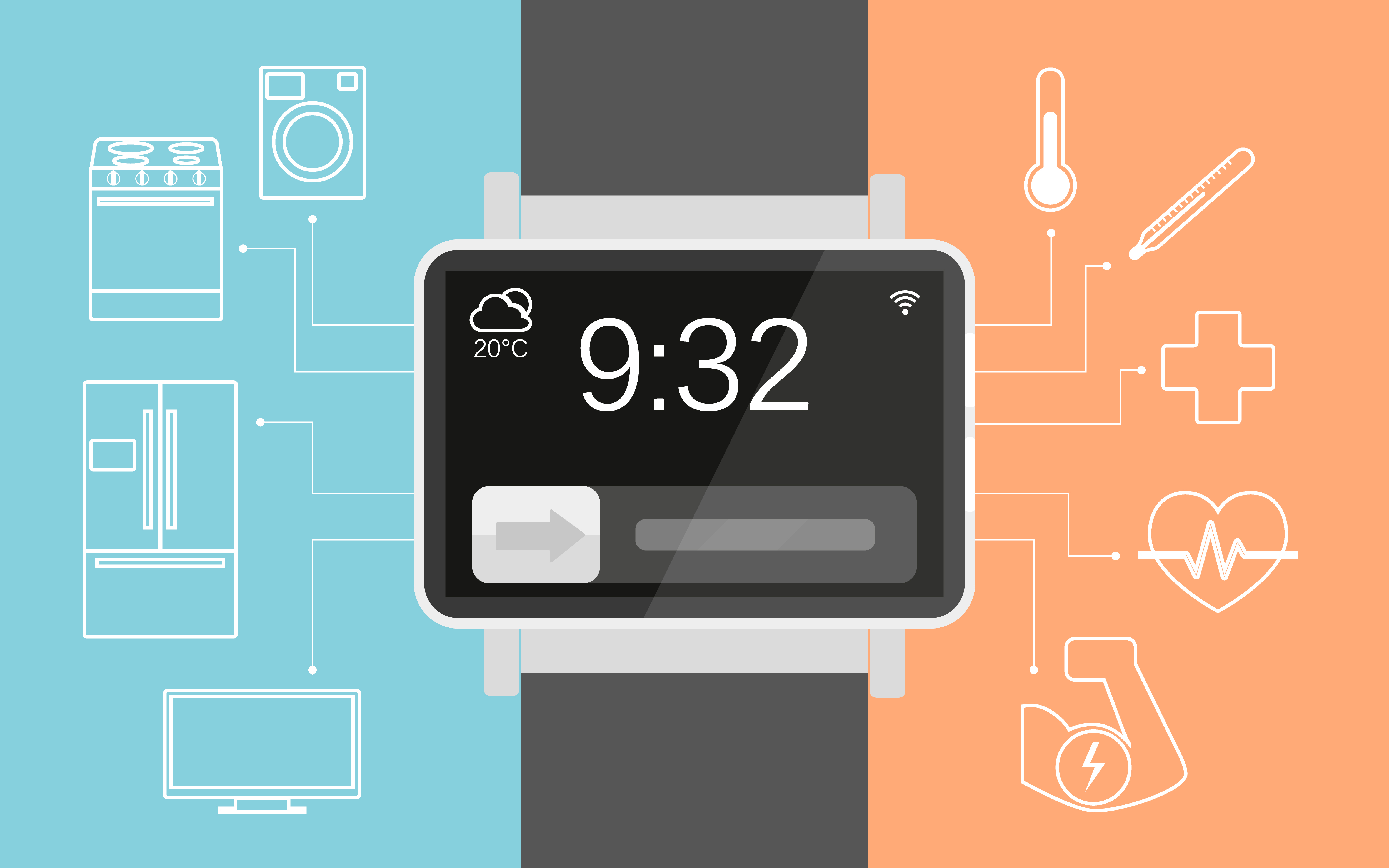The Institute of Systems Biology’s 100K Wellness Project seeks to understand how digital health devices can change an individual’s health behavior and outcomes.
The Institute of Systems Biology (ISB) is planning to launch a 25-year long study, called 100K Wellness Project that would involve 100,000 subjects, to assess the impact of digital health devices on human health.
But for now, a scaled-down pilot project of 100 subjects monitored over 9 months, dubbed Hundred Person Wellness Project, is about to be launched in March.
Tracking data in the Wellness Project
The subjects will wear various digital health devices which would continuously track physical activity, sleep patterns, heart rate and other parameters.
 At the beginning of the project, the research team will sequence the whole genome of the participants and may also study epigenetics in later phases.
At the beginning of the project, the research team will sequence the whole genome of the participants and may also study epigenetics in later phases.
To comprehensively track changes in health during the period, every three months scientists will collect, samples of participants’ blood, urine, saliva and stool to check:
- Blood glucose levels
- Immune-cell activity
- Microbiome ecology
- C-reactive proteins
- About 100 organ-specific proteins
All participants will be coached to interpret the data generated from the digital health devices and physicians will counsel them on changing their lifestyle habits to improve wellness.
The broader objective of the study is to know how ‘quantifying the self’ through regular feedback and counseling, using digital health devices, would create behavioral changes and health effects in the individuals.
Dr. Leroy Hood, President, ISB, describes this project as the first large-scale foray into P4 medicine – Predictive, Preventive, Personalized and Participatory Medicine.
P4 medicine is an approach that focuses on an individual patient and his or her genetic and environmental uniqueness.
By generating individualized data, P4 medicine intends to predict health transitions, prevent illnesses, and enhance wellness through patient’s participation.
The project also significantly departs from the traditional medical research practices.
The Nature reports that the study is not blind, randomized and has no control groups, which would make drawing rigorous conclusions difficult. But then the project’s intention is to know how different individuals would benefit from the study in their individual ways rather than how they would all benefit in a particular way.
What does Success for the Wellness Project mean?
If this project succeeds, then it will be the first major study to converge systems biology and digital health.
It will increase our understanding of how a transition in healthcare, from one of reactive disease management to predictive, preventive, personalized and participatory care can be made.
So far, the propositions of personalized medicine have largely been speculative in nature.
This project will offer a rigorous understanding of how providing personalized information to patients and physicians would impact the individual’s unique health experience of both health and disease at molecular, cellular and organ levels.
Digital health enthusiasts have long been calling to change the existing healthcare.
Current healthcare is reactive and focuses on treating symptoms of disease and digital health experts call for a more proactive personalized healthcare that treats causes by providing individualized care.
This project will improve our understanding of how quantifying of self can help us move forward in that direction.
Log in or register for FREE for full access to ALL site features
As a member of the nuviun community, you can benefit from:
- 24/7 unlimited access to the content library
- Full access to the company and people directories
- Unlimited discussion and commenting privileges
- Your own searchable professional profile
.jpg)

.jpg)


.jpg)




.jpg)
